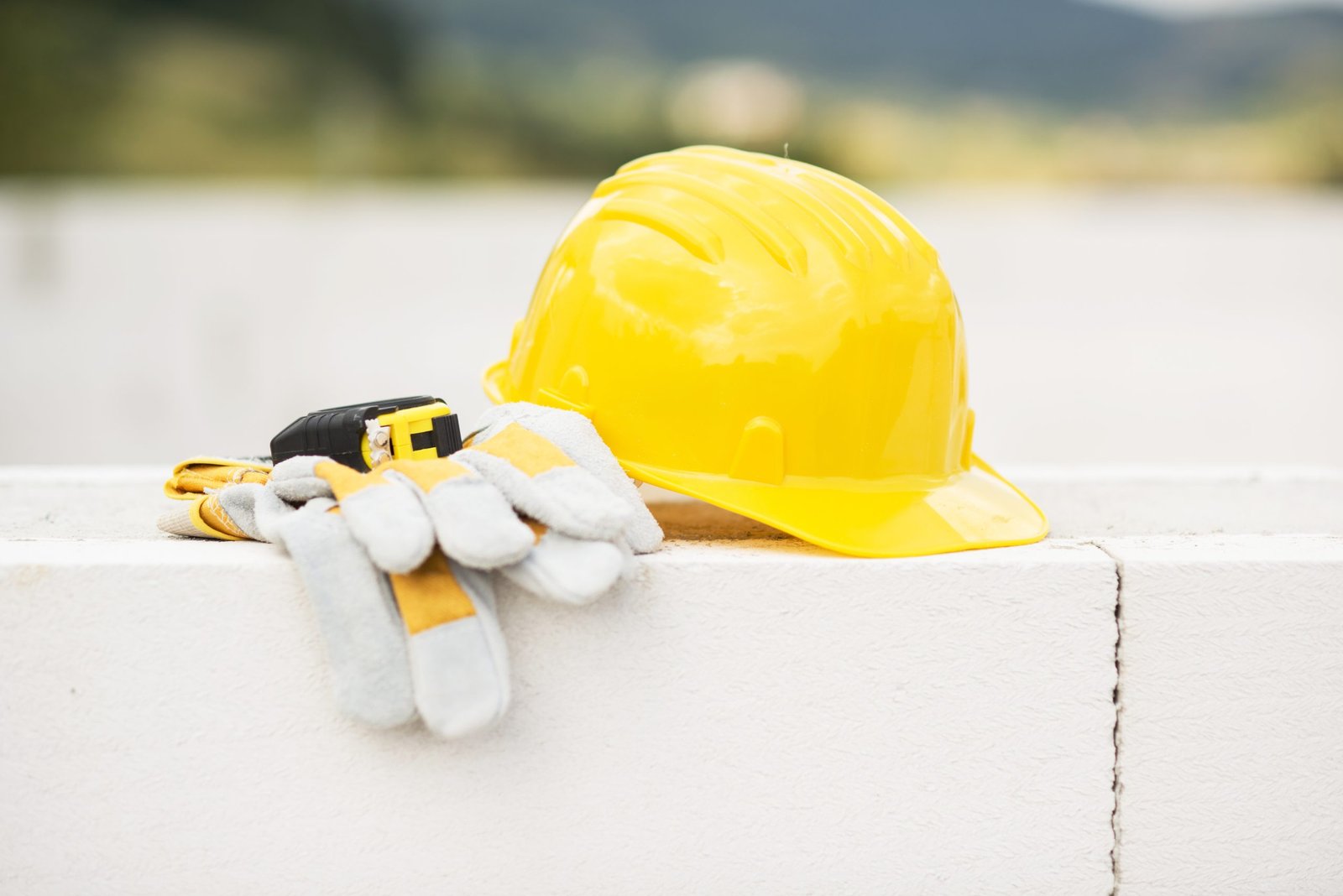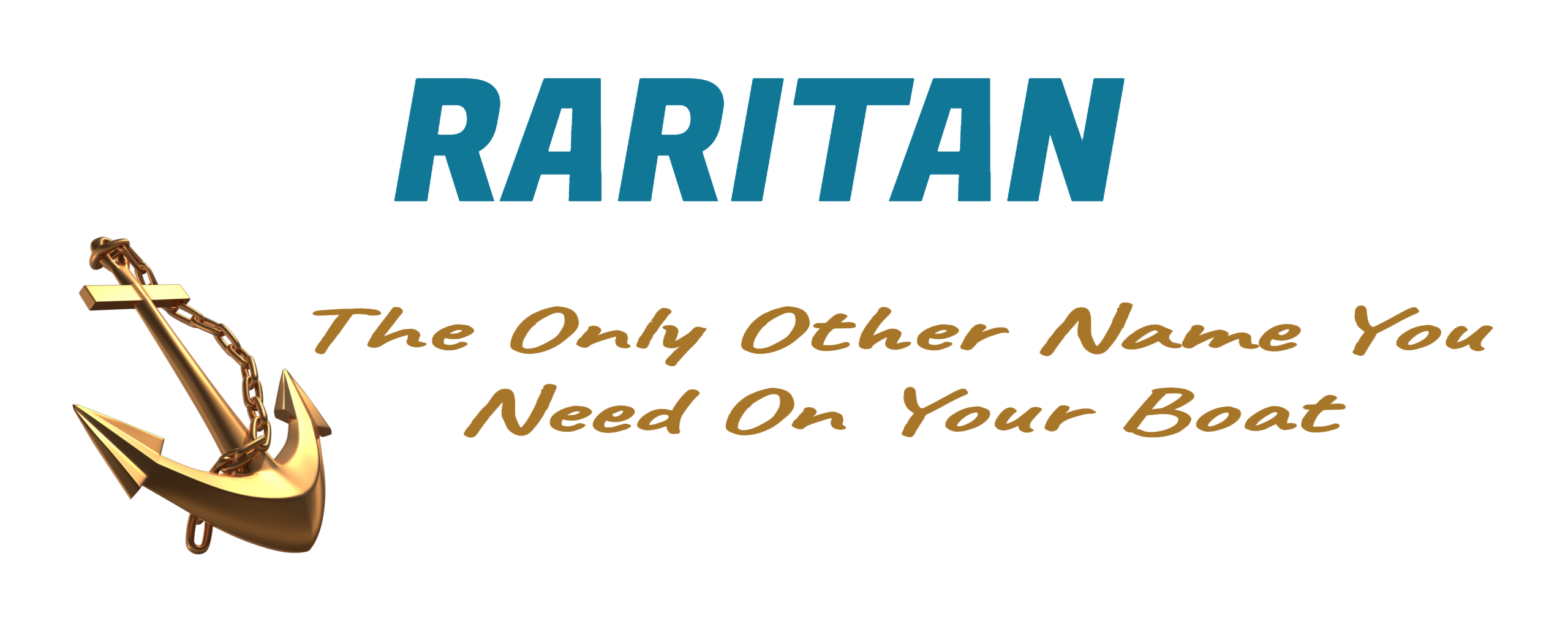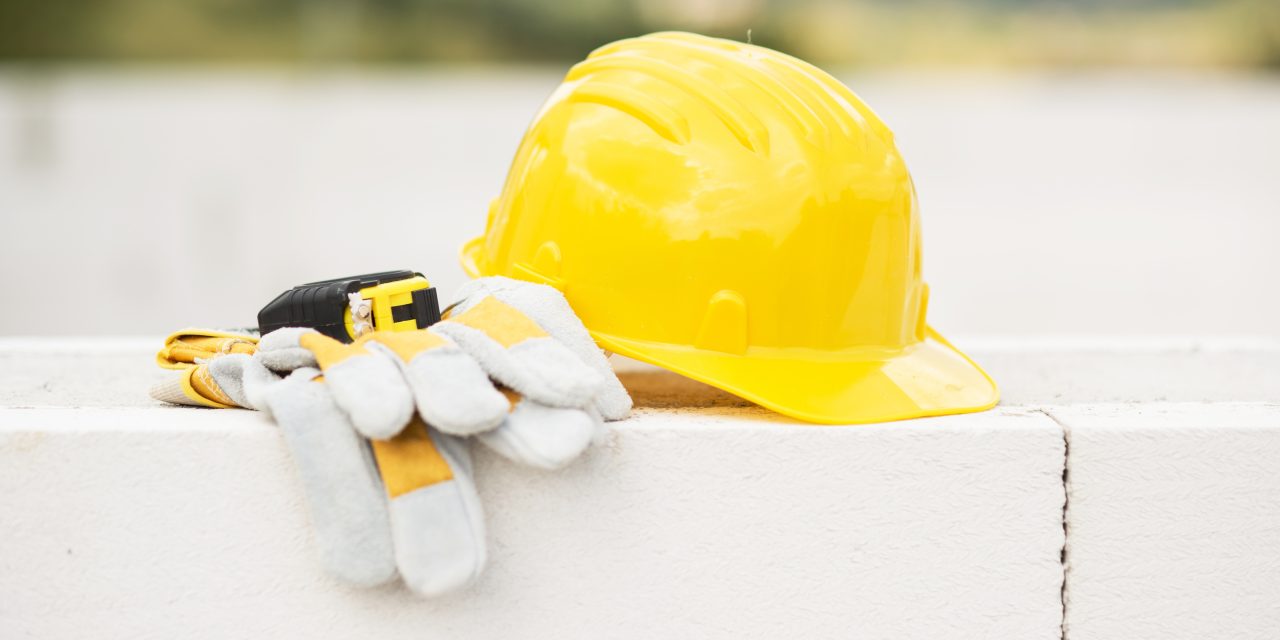Staying safe while boating is crucial, and it’s essential to follow some basic tips to ensure a fun and enjoyable experience on the water. In this blog post, we will discuss the top five tips for staying safe while boating.

Introduction to Boating Safety:
Boating safety should be your primary concern whenever you step onto a boat. It’s essential to understand the risks associated with boating and take necessary precautions to minimize those risks. Some of the common risks include drowning, hypothermia, carbon monoxide poisoning, and injuries caused by moving parts or equipment. To avoid these risks, you need to educate yourself about boating safety rules and regulations. You can attend a boating safety course or read up on boating safety guidelines online.
The Importance of Wearing a Life Jacket:
Wearing a life jacket is one of the most important things you can do to stay safe while boating. According to the United States Coast Guard (USCG), over 80% of people who died in recreational boating accidents between 2016-2020 were not wearing a life jacket at the time of the accident. A life jacket provides buoyancy and keeps you afloat even if you are unconscious or unable to swim. Make sure that everyone on board has an appropriate size and type of life jacket and wear them at all times when on the water.
How to Avoid Common Boating Hazards:
There are several hazards that you may encounter while boating such as rough waters, strong currents, and weather changes. To avoid these hazards, you need to keep an eye on the weather conditions before setting out on the water. Check the forecast regularly and make sure that you have enough fuel, food, and supplies for the duration of your trip. Always carry communication devices like radios or cell phones to call for help in case of emergencies. Additionally, make sure that your boat is properly maintained and inspected before each use.
What to Do in Case of an Emergency:
In case of an emergency, it’s essential to remain calm and take action quickly. Firstly, assess the situation and determine what kind of danger you are facing. If someone is injured or in distress, provide first aid or call for medical assistance immediately. Next, alert other passengers and crew members of the situation and initiate emergency procedures if necessary. This could involve deploying flares, sounding horns or whistles, or using emergency beacons. Finally, try to get back to shore safely or wait for rescue teams to arrive.
Conclusion and Final Tips:
Boating can be a thrilling and rewarding activity, but it requires proper preparation and caution. By following these top five tips for staying safe while boating, you can reduce the risk of injury or death and enjoy a safer and more relaxed experience on the water. Remember to always wear a life jacket, check weather conditions, avoid common hazards, know what to do in case of an emergency, and educate yourself about boating safety rules and regulations. Have fun and stay safe!





